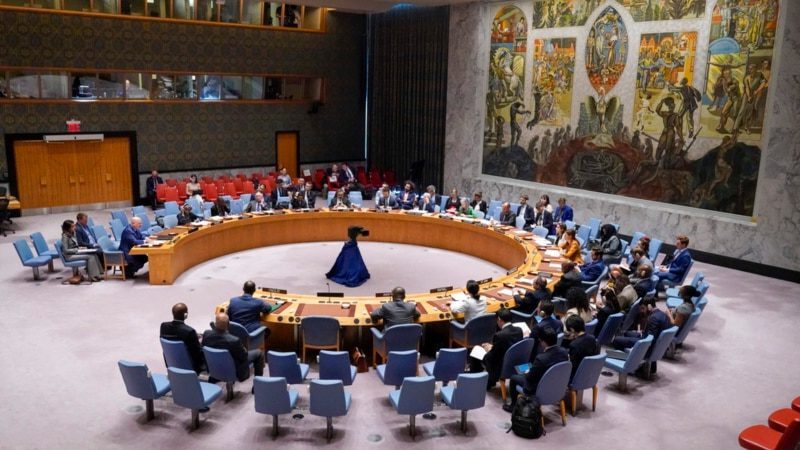BTN News: In a series of escalating tensions that threaten to engulf the region in a wider conflict, Iran and Israel have separately urged the United Nations Security Council to condemn each other’s actions following recent deadly attacks. The Council has called for calm as fears mount that the region is sliding towards a broader war.
Iran’s ambassador, Amir Saeid Iravani, addressed the Council in an emergency meeting requested by Tehran following the assassination of Hamas’ political chief, Ismail Haniyeh, in the Iranian capital. Iravani demanded immediate action from the Security Council to hold Israel accountable for what he described as an act of aggression. He emphasized the need for imposing sanctions and other measures to prevent further violations and signal that the international community will not tolerate Israel’s “malevolent activities.”
The assassination of Haniyeh, who was in Iran for the inauguration of President Masoud Pezeshkian, has been attributed to an Israeli airstrike, although Israel has not officially claimed responsibility. This incident, along with Israel’s acknowledged airstrike on Tuesday in Beirut that killed senior Hezbollah commander Fouad Shukur, has significantly heightened regional tensions. Israel justified the Beirut attack by accusing Shukur of orchestrating a rocket attack from Lebanon into the Israeli-occupied Golan Heights that resulted in the deaths of 12 Arab Druze children.
In response, Israel’s deputy ambassador, Jonathan Miller, told the Council that their actions are a message of self-defense against those who harm them. Miller also urged for new sanctions on Iran, pointing out that Tehran finances and arms both Hamas and Hezbollah.
Lebanon, caught in the crossfire, expressed its dismay over Israel’s actions. Lebanese chargé d’affaires Hadi Hachem stressed that Lebanon does not want war and condemned the Israeli airstrike on a densely populated Beirut neighborhood, which killed seven people and injured 78. Hachem described the attack as the most dangerous chapter of the conflict so far, warning of its disastrous consequences.
The recent spike in violence comes amid ongoing turmoil in Gaza, adding to the volatile situation in the region. Members of the Security Council have called for restraint and several have urged for an investigation into the attacks. Slovenia’s ambassador, Samuel Zbogar, highlighted the need for the Council to speak out, advocating for de-escalation and a return to diplomacy and dialogue.
The U.S. envoy, Robert Wood, clarified that Washington was not involved in the Israeli attacks on the Hezbollah leader or the Hamas official, and stated that the U.S. is leading diplomatic efforts to end the Gaza conflict and reduce regional tensions. Wood underscored that a wider war is neither imminent nor inevitable, despite Iran’s opportunistic attacks that have repeatedly brought the region close to broader conflict. He affirmed Israel’s right to self-defense.
UN Secretary-General António Guterres, in a statement on Wednesday, condemned the attacks in Beirut and Tehran, calling them a dangerous escalation. He urged all efforts to be directed towards achieving a ceasefire in Gaza and restoring calm along the Lebanon-Israel border. Guterres criticized actions that undermine these objectives, emphasizing the need for restraint and dialogue.
As the international community watches closely, the stakes remain high with regional stability hanging in the balance. The Security Council’s response and the actions of key players in the coming days will be crucial in determining whether the situation escalates into a wider conflict or moves towards a tenuous peace.


